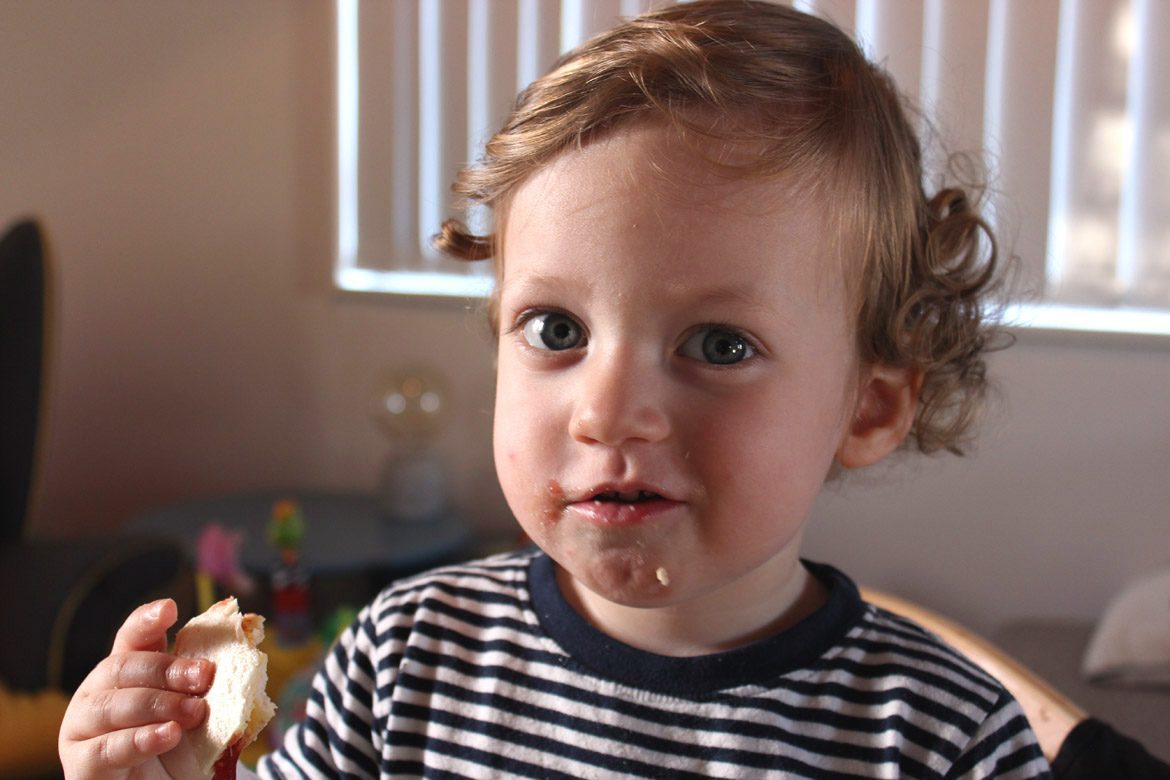By Jenni Lyons
“My child only eats beige crunchy foods!”
“They won’t eat any meat!”
“They take forever to chew!”
“Going out for dinner is a nightmare for all the family!”
These are phrases I often hear from families when they contact me at my feeding clinic.
One in three children under five has feeding difficulties at some point. Feeding concerns are the second most common problem left unresolved by GPs and paediatricians. This can cause great stress for the child and their family.
We eat at least 3 -5 times a day (meals and snacks), therefore when there is an issue around food it will occur at least 3 -5 times each day. We also spend at lot of time thinking about what we are going to eat. This thought process in itself, be a cause of stress for both the child and their family.
Children naturally can become “picky” around food at the age of two years. This is called neophobia (the fear of the new or unknown). Feeding issues can occur before two years or last longer than would be expected. These children can become stuck and as a result have a very limited intake omitting complete food groups. This has an overall effect on their nutrition, growth and development.
There can be a range of reasons for feeding issues. Your child may have been born premature, have had tube feeding as an infant (or may continue to be tube fed), have heart, lung or other medical conditions. They may have a sensory aversion to the smell, touch or taste of certain foods. Their oral motor skills (movements needed to have successful eating) may be delayed or absent. They may have had severe reflux as an infant resulting in a negative association to eating (I eat food and then it hurts). Allergies can also result in children being overly cautious to eating, especially when the reaction is severe.
ARFID (Avoidant Restrictive Food Intake Disorder) is a diagnostic term which is beginning to be used more in the medical profession. You do not have to be given this diagnosis to receive therapy.
10 Signs your child may need feeding therapy
The following may mean your child needs some professional help to develop healthy eating skills:
- Lack of mouthing toys as an infant
- Difficulties accepting or moving between different textures of food
- Frequent coughing and/or gagging when eating
- Less than 30 foods eaten or only eating specific brands or colours of foods
- Avoidance of touch around the face
- Irritability and anxiety around snack/meal times
- History of reflux or vomiting during or after foods
- Loss of food or liquid from the mouth or nose when eating/drinking
- Grimacing or odd facial expression when eating
- Tongue tie or history of tongue tie
So, you think your child may fit the criteria for needing feeding therapy. What now?











